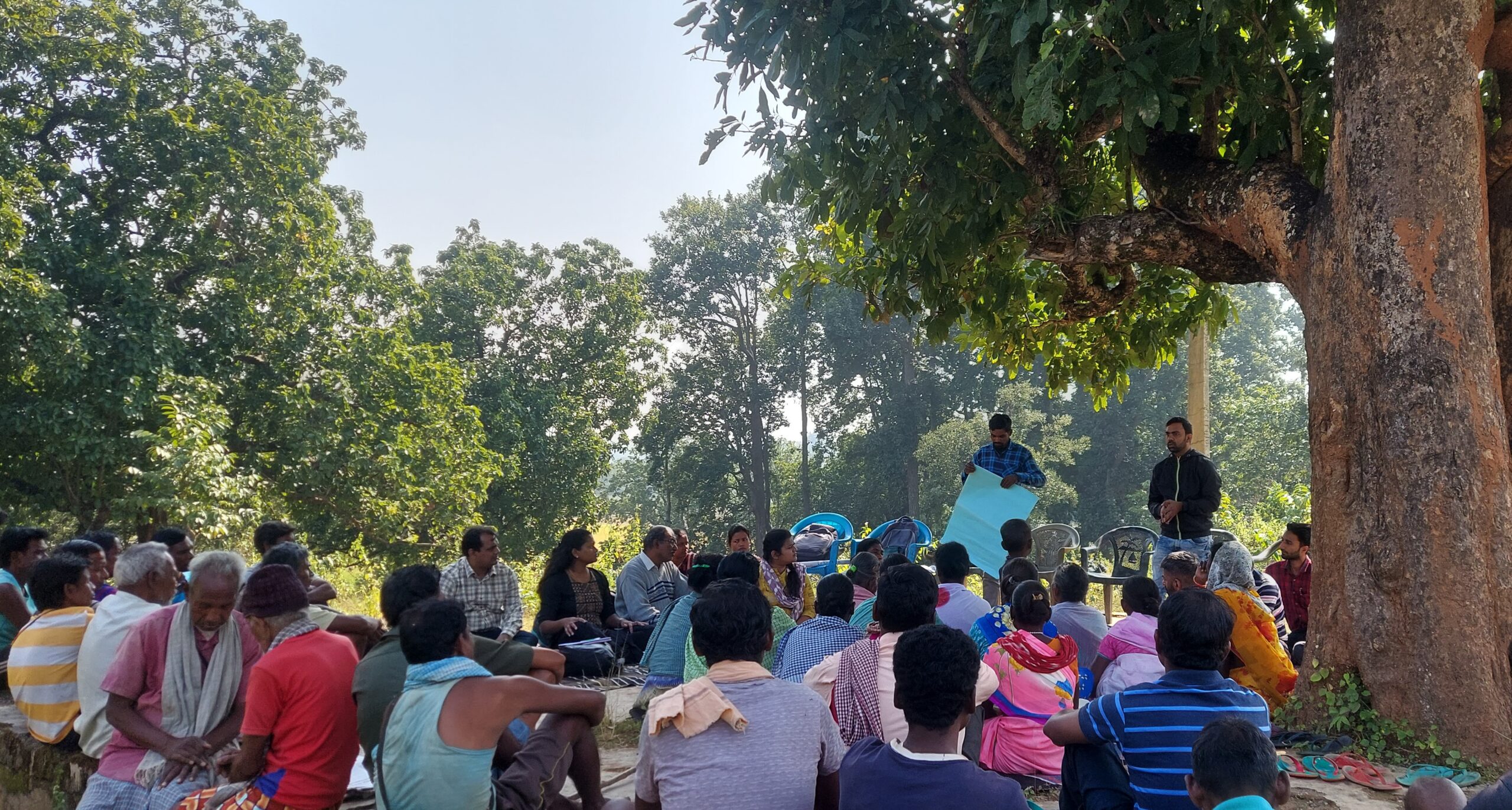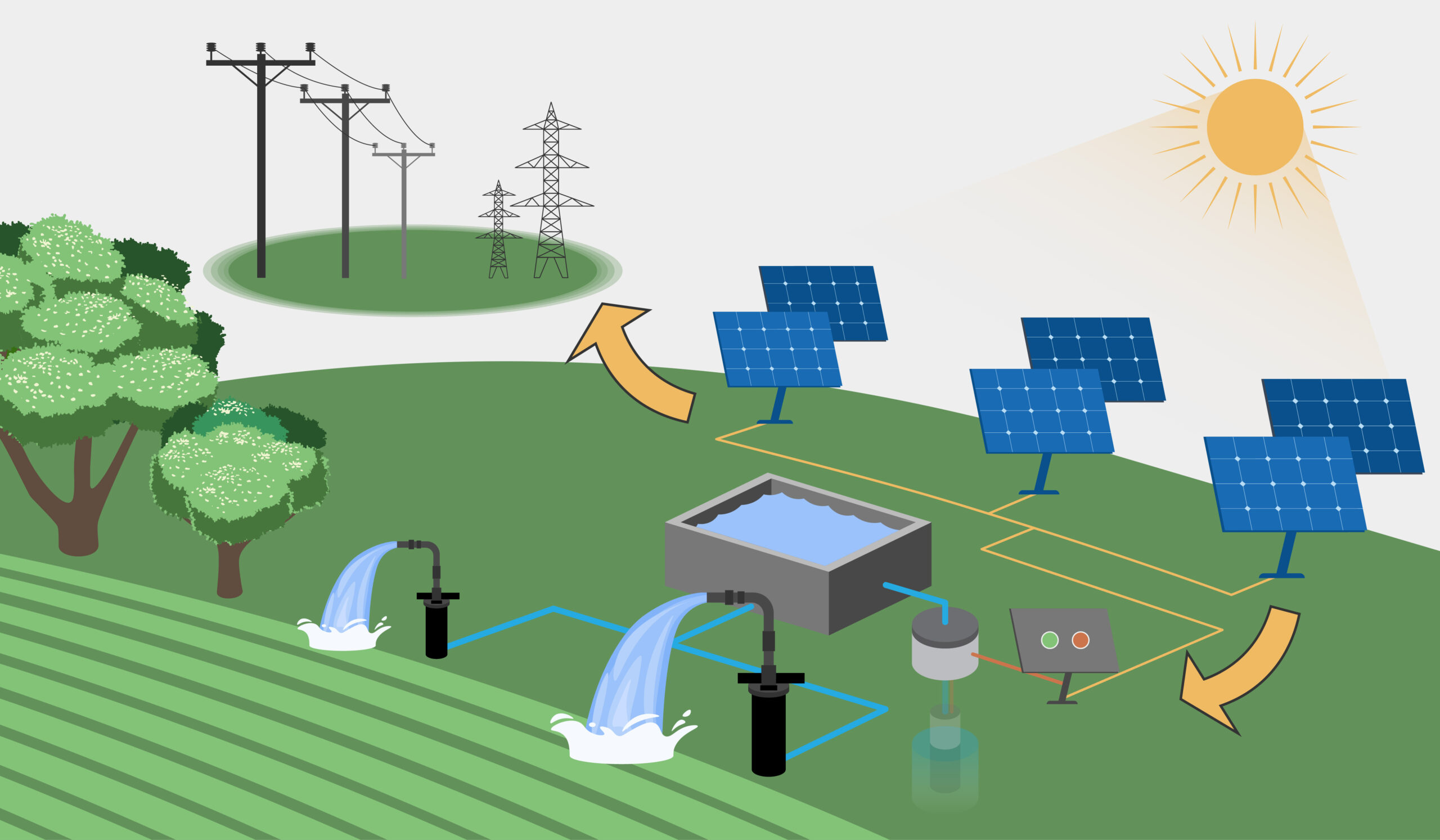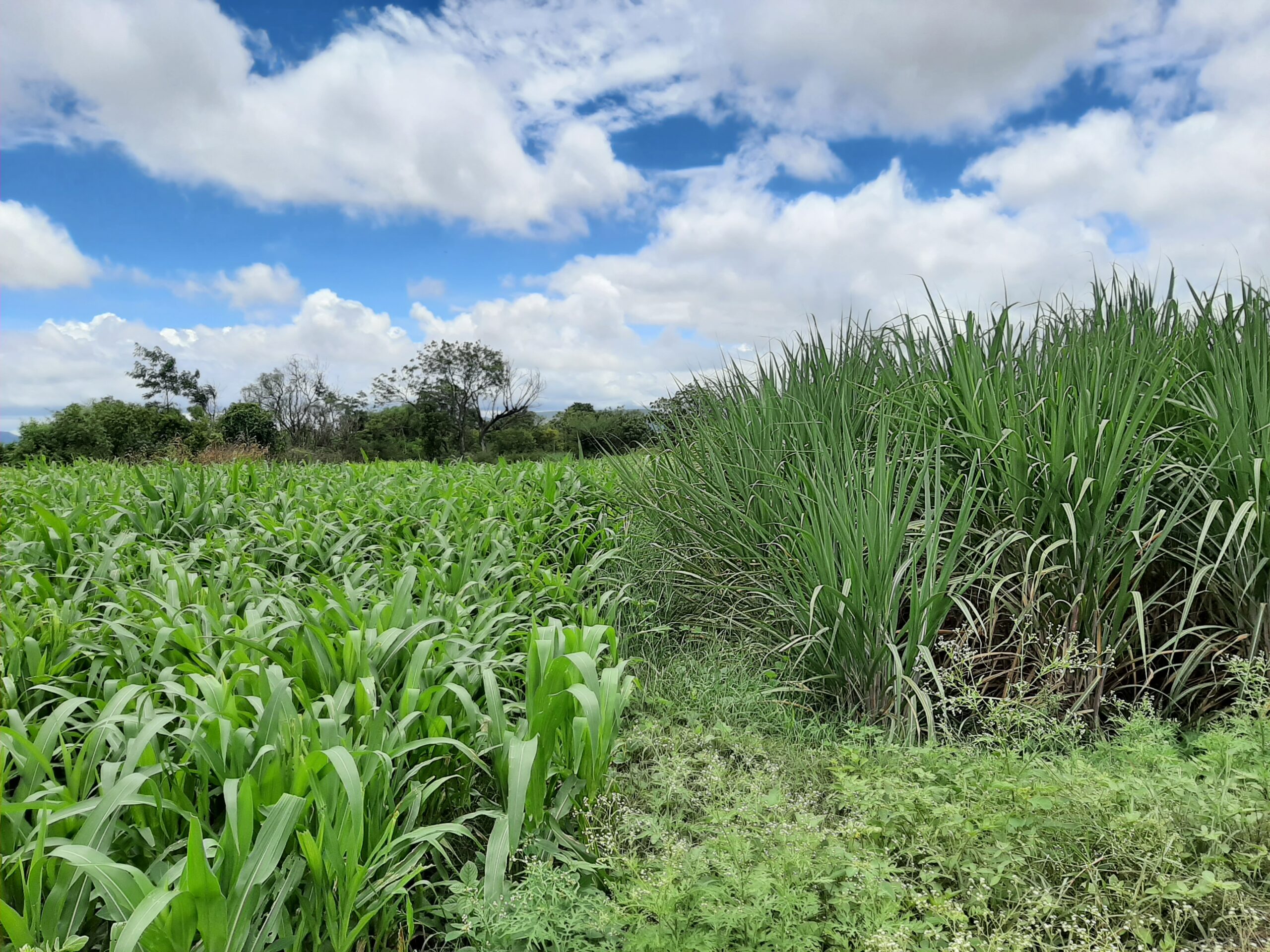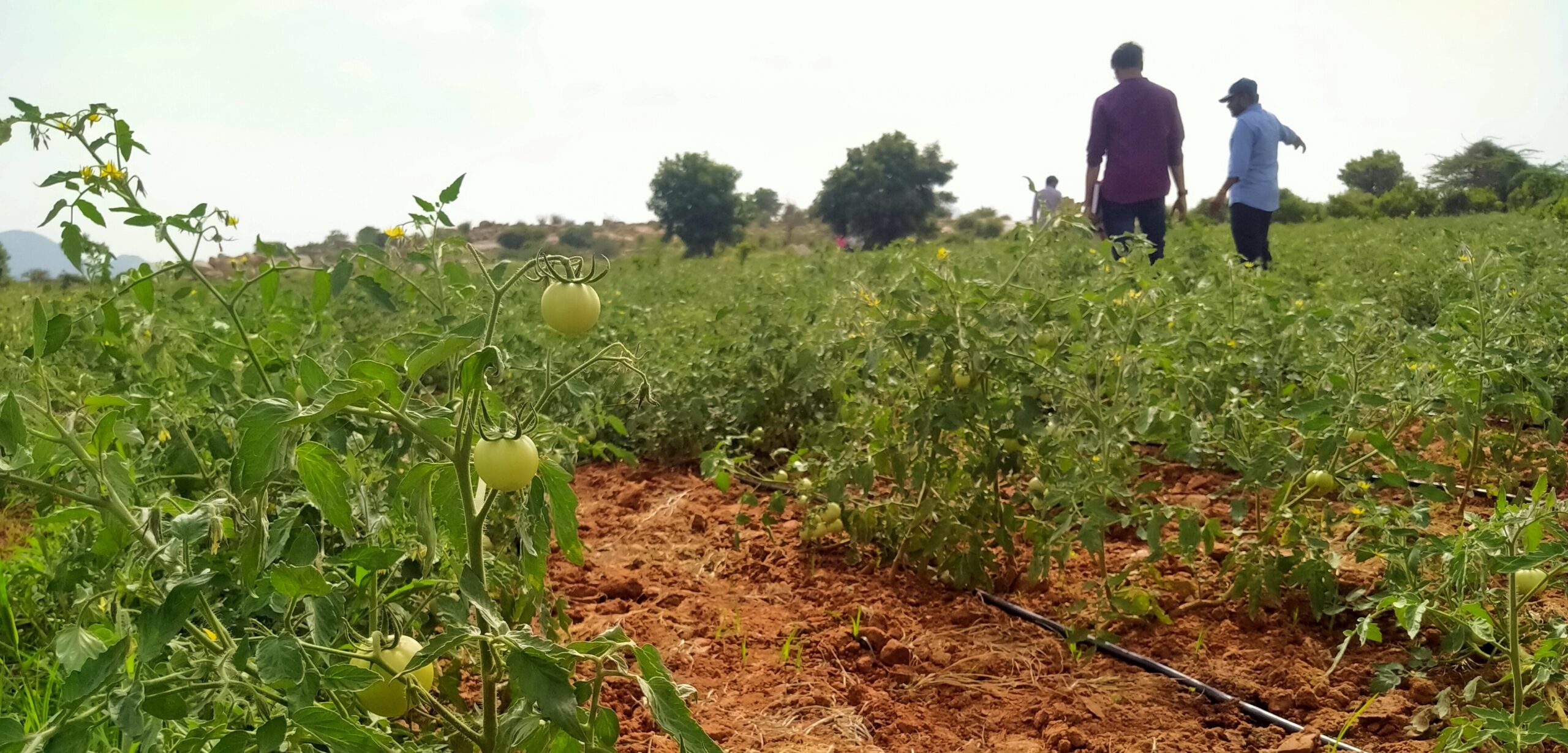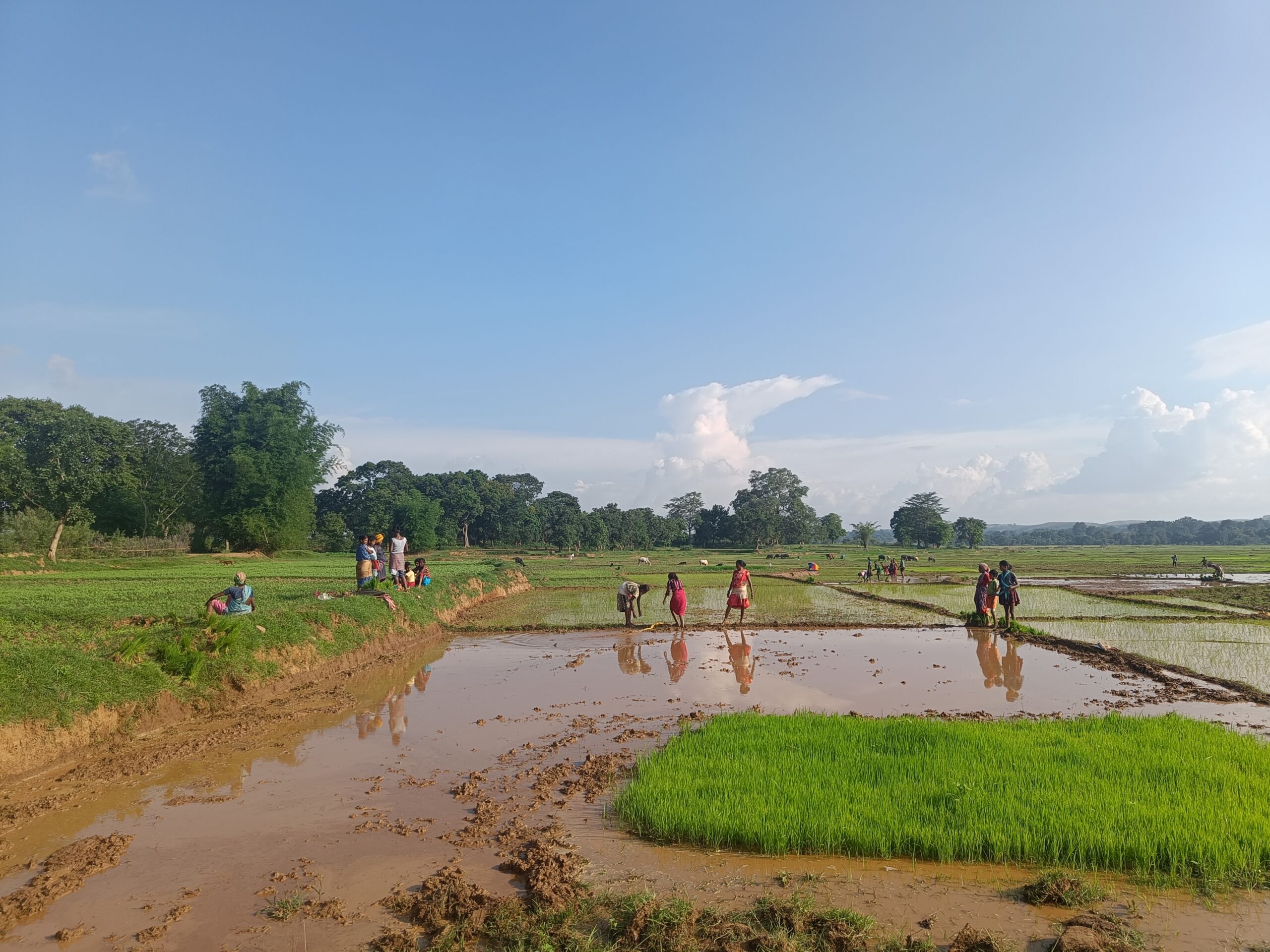GRE Success Stories: Fostering Collaboration for Rural Development
GRE Clinic aims to bring together knowledge seekers and providers. Credit: Ananya Revanna.
At the end of 2023, we piloted the ‘GRE Clinic’ to bring together seekers and providers of information. These clinics were conceptualised as an important channel through which we realise the goals of the Green Rural Economy platform — a consortium-led initiative that aims to make knowledge more discoverable and accessible, and thus improve the state of livelihoods in rural India and address challenges related to land and water sustainability.
We designed these sessions to aggregate requests, questions, problems and bottlenecks faced by individuals and organisations within the sector. This way, we match a knowledge seeker to a knowledge provider, an individual or an organisation that has already navigated a problem, and create a space where both can learn from each other.
Over half a year on, we decided to take stock and see just how effective these clinics have been in fostering impactful collaborations between various organisations dedicated to sustainable rural development. In this blog, we detail two cases that illustrate how the GRE Clinics facilitated partnerships that led to significant advancements in their shared missions.
Tarun Bharat Sangh and Lipok Social Foundation: Revitalising Mewat’s Rural Economy
Mewat, a region straddling Rajasthan and Haryana, has long struggled with severe water scarcity, exacerbated by low rainfall and extreme summer temperatures reaching up to 47 degrees Celsius. The primary livelihood of the local community is dairying, which is heavily dependent on costly water tankers. Under the guidance of the renowned Water Man, Rajendra Singh, Tarun Bharat Sangh (TBS) has tirelessly worked to rejuvenate Mewat’s rivers, bringing life and joy back to the arid region. Their efforts have significantly improved water availability, benefiting the local dairy industry and the community’s overall well-being.
Along with improving water availability in the area TBS also wanted to work on improving the economic conditions of the local community. They aimed to achieve this by identifying alternate livelihood options in the area and reached out to the GRE initiative to direct them to someone who could assist them in identifying community-level livelihoods based on available natural resources, skills and community aspiration.
Lipok Social Foundation (LSF) recognises the inherent challenges faced by rural communities, particularly in regions prone to fluctuations in water availability, weather patterns and market conditions. To address these challenges and promote sustainable livelihoods, LSF has created a comprehensive programme called ‘Accelerating Circular Rural Economy (ACRE)’.
The organisation actively partners with aspiring rural entrepreneurs, helping them develop and launch enterprises that address identified gaps. LSF organises a three-day training workshop that provides these entrepreneurs the tools and guidance needed to develop comprehensive business plans. The budding entrepreneurs are then mentored by LSF to ensure the success of their ventures.
With the help of the GRE Clinic, Tarun Bharat Sangh connected with Lipok Social Foundation, leading to a fruitful collaboration. TBS staff attended a three-day training workshop that focused on economic transactions, product consumption, and the impact of consumer habits on the local economy.
Meanwhile, based on interviews with the residents of Mewat, LSF calculated that an estimated ₹60 million worth of a popular aerated drink is consumed annually in the region. This not only puts a strain on the residents’ finances but also neglects traditional drinks and occupations. Based on this analysis, LSF introduced TBS to the ACRE programme to promote financial empowerment, traditional beverages and local businesses. This initiative aims to reduce unemployment and migration by fostering sustainable local economies.
This collaboration has initiated surveys, studies and training sessions to enhance rural livelihoods in Mewat, showcasing the transformative power of such partnerships.
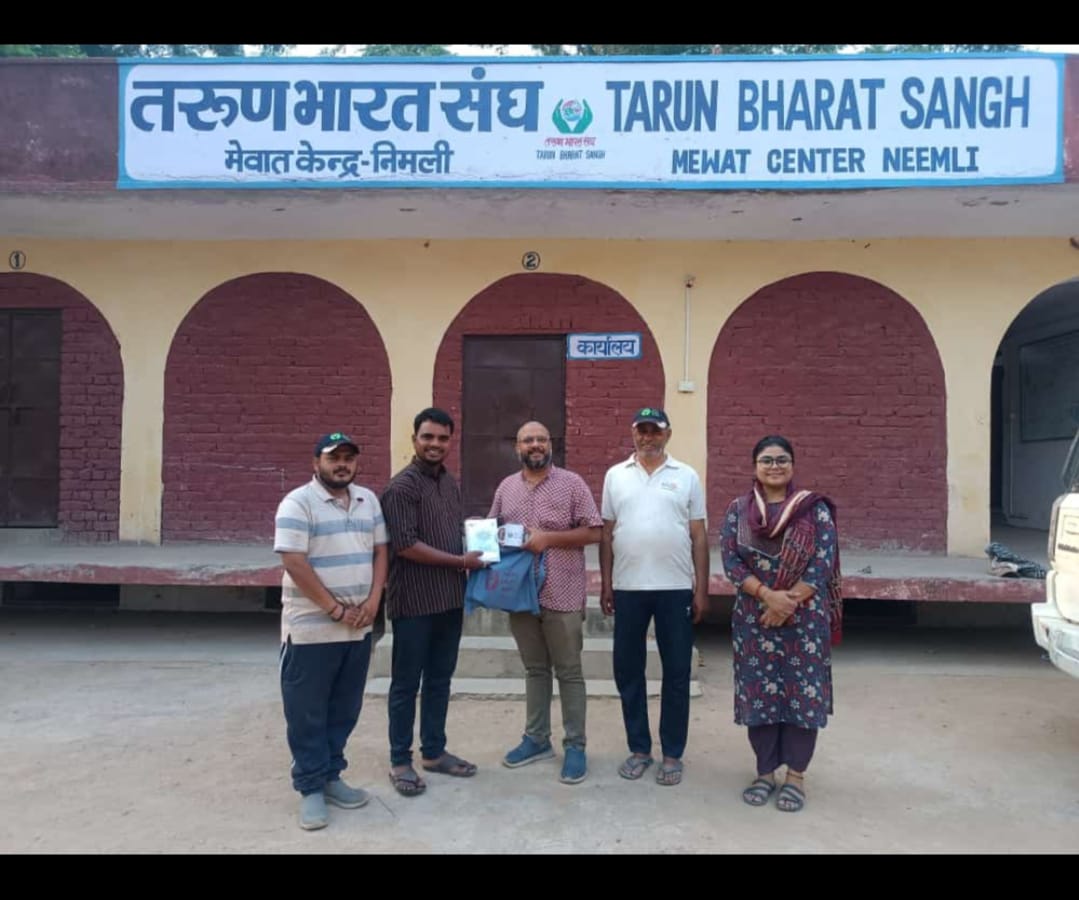
Tarun Bharat Sangh representatives showing appreciation for the training programme conducted by Lipok Social Foundation.
SWMRT and Buzz Women: Strengthening Climate Action
Buzz Women, committed to empowering women through financial literacy and entrepreneurship, sought to enhance its climate action curriculum by focusing on waste management. The GRE Clinic facilitated a partnership between Buzz Women and the Solid Waste Management Round Table (SWMRT). Together, they developed the ‘Our Waste Our Responsibility’ module to educate communities on sustainable waste management practices.
The inaugural training session in Kolar saw 16 Buzz Women field staff engaging in a comprehensive three-hour programme. This included presentations, composting demonstrations, interactive activities, and educational videos on effective waste management. Subsequent training sessions were conducted for Buzz Field Associates in Chamrajnagar, Ramanagara and Mandya. These sessions focused on composting kitchen waste and managing large-scale community waste. Buzz Field Associates are now equipped to deliver these lessons to their communities, integrating them into the Buzz Green curriculum. This holistic approach aims to drive grassroots climate action, promoting a healthier and more sustainable living environment.
The GRE Clinic has proven to be a catalyst for meaningful collaborations between organisations dedicated to rural development and sustainability. By connecting Tarun Bharat Sangh with Lipok Social Foundation and Buzz Women with SWMRT, the GRE Clinic has enabled these organisations to leverage their collective expertise and resources.
To be either a knowledge seeker or provider, write to Lakshmi Pranuti Choppakatla (lakshmipranuti.choppakatla@ifmr.ac.in).
Authored by Lakshmi Pranuti Choppakatla
Edited by Ananya Revanna
Published by Anika Choudhary
If you would like to collaborate, write to us. We would love to hear from you.
Follow us and stay updated about our work:


